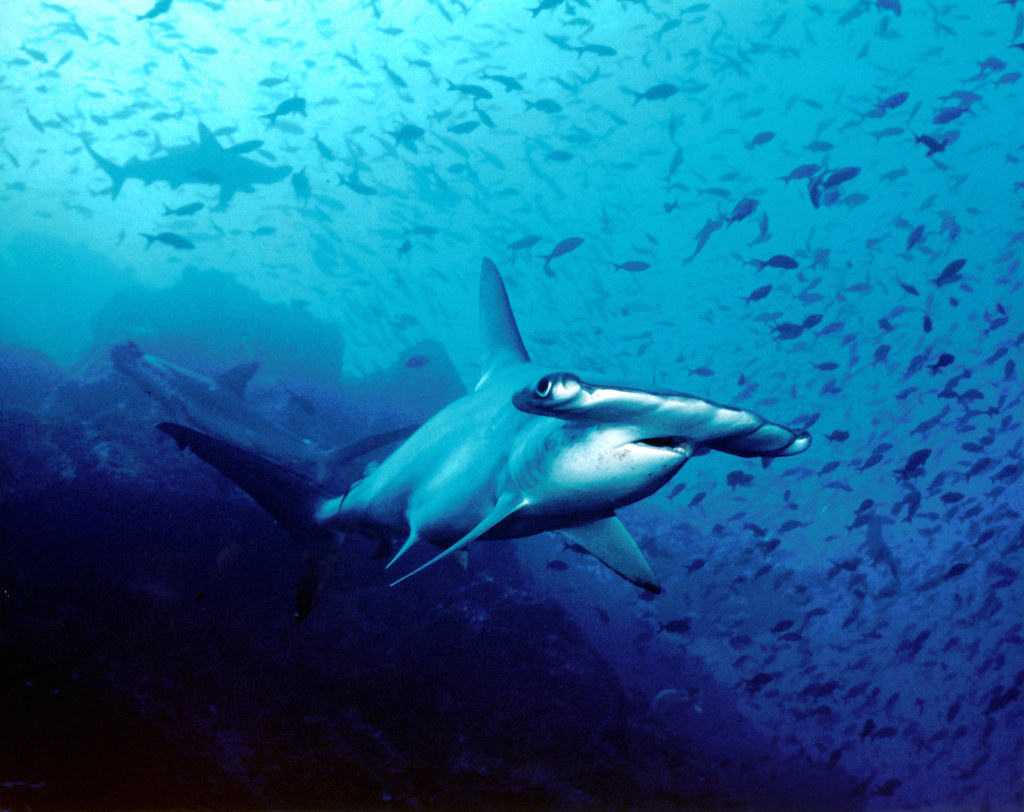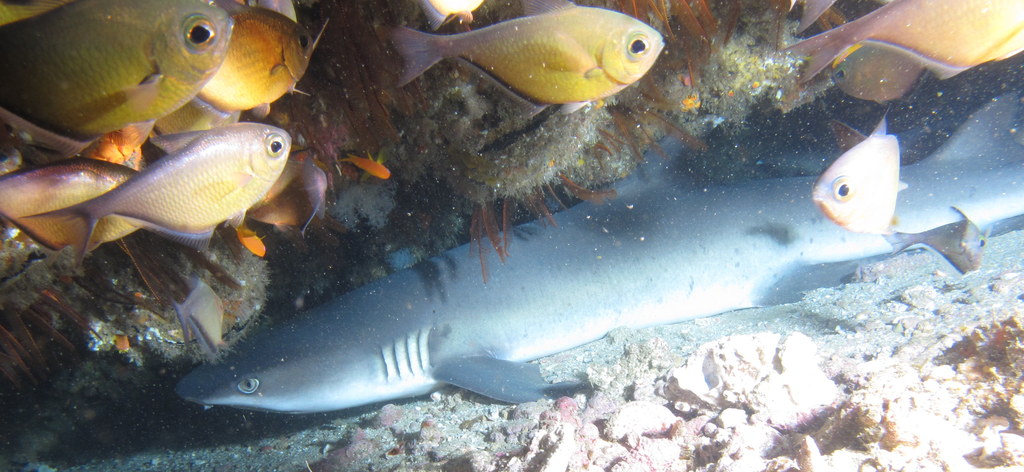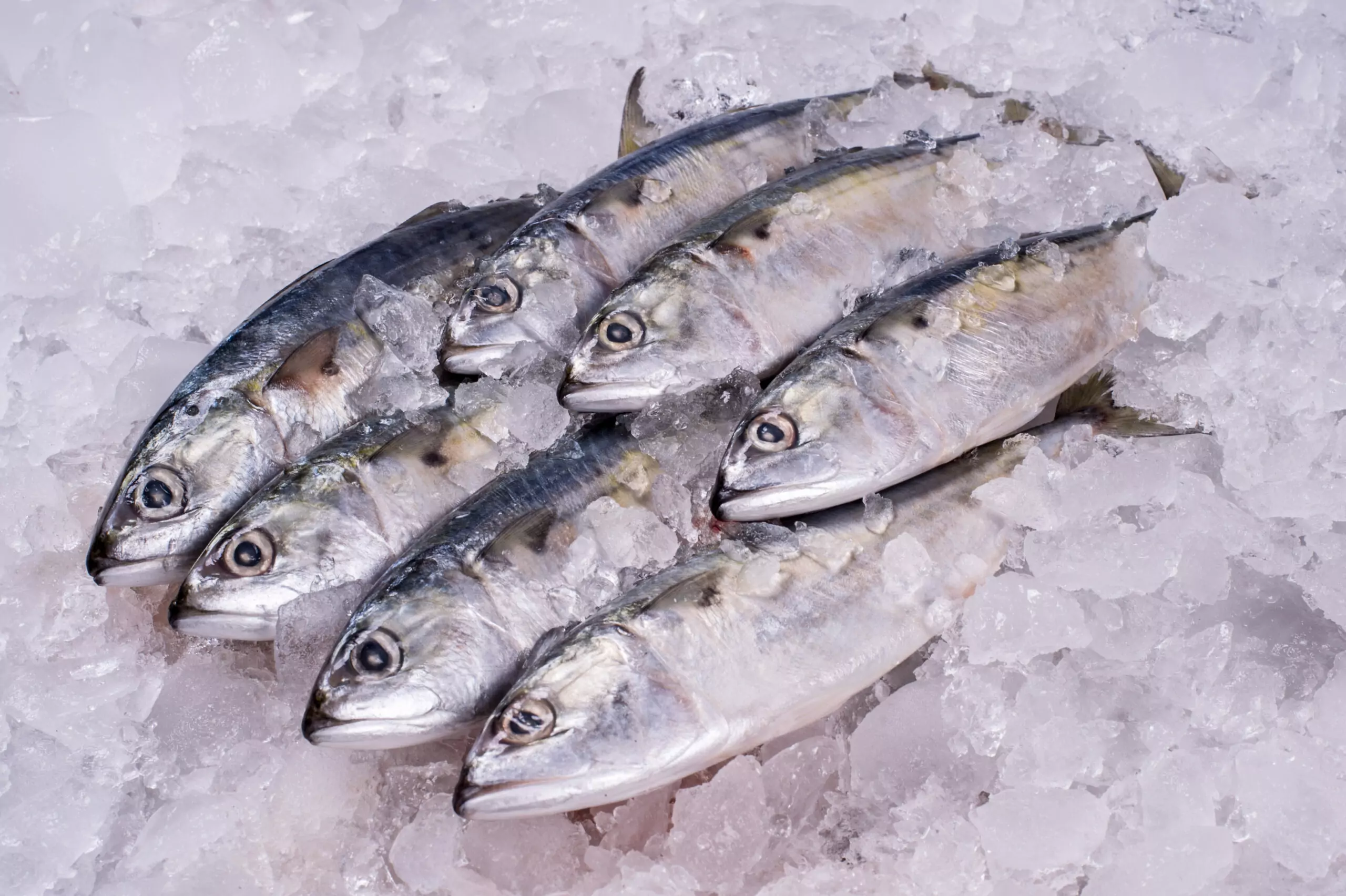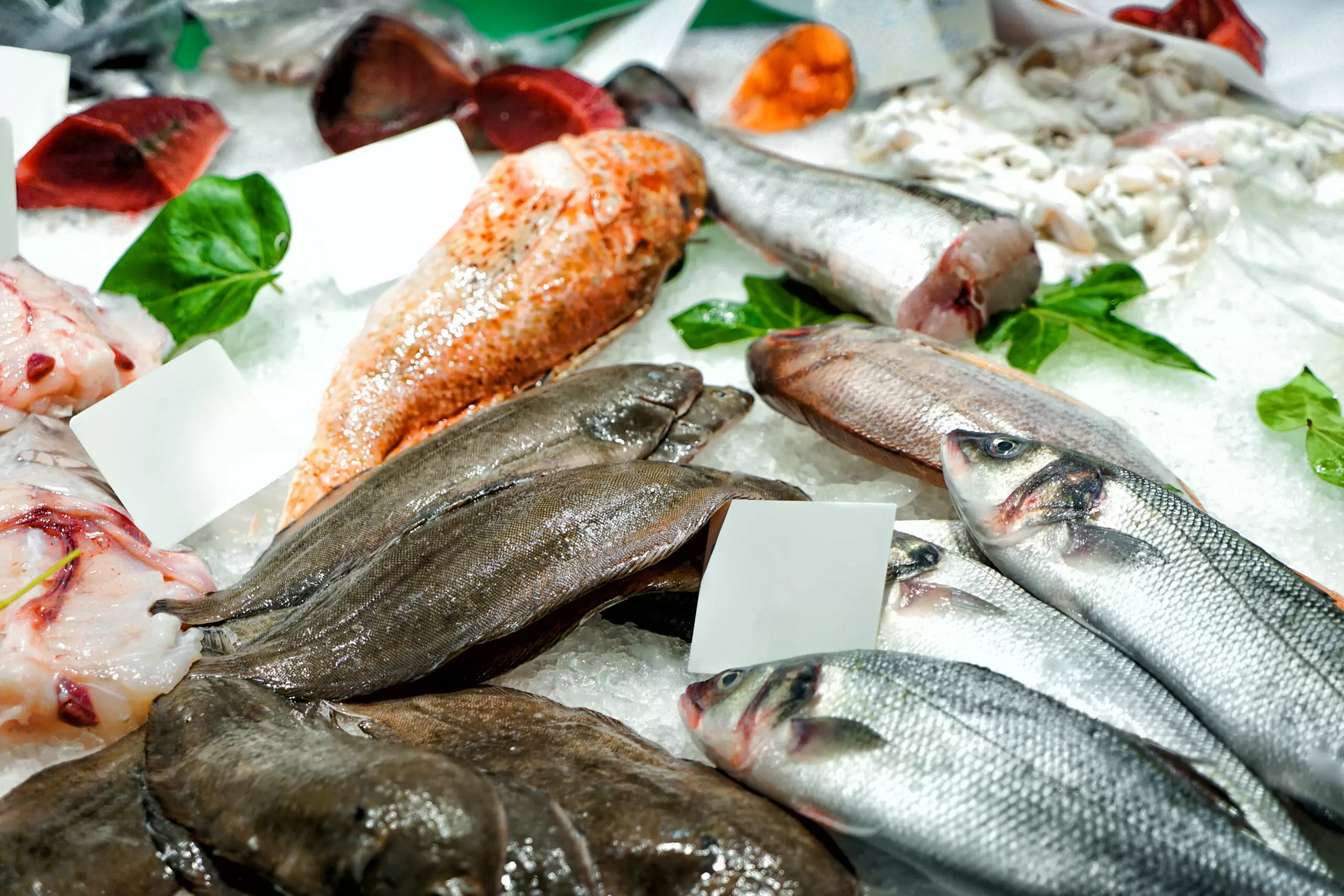When a business relies on a natural resource, such as the seafood industry, it is vital that we strive to protect and conserve that environment. Part of the process of ensuring sustainability is learning how to establish and protect healthy marine ecosystems. We recognize that there are some species of marine creatures that are extremely important components of these ecosystems, and are worth much more alive than dead. One such group of creatures are sharks.
Sharks have a special appeal about them. We think of them as the deadliest predators in the ocean, even though most of them are utterly harmless to humans. There is a growing industry of global marine ecotourism and sharks are one of the main draws. People will travel across the world and spend tremendous amounts of money to view sharks in their natural habitat. This phenomenon has generated a fantastic income for marine ecotourism that is supporting numerous local economies.
The evils of overfishing
Shark ecotourism must compete with a product that has created – and continued – one of the most unsustainable fisheries in human history: shark fin soup. Shark fin soup is a popular item in Chinese cuisine that is regarded as a delicacy and is served at special events. It is also very expensive, costing upwards of $100 per bowl. This high price tag, along with a growing demand, has ignited a strong incentive for fishermen to supply as many shark fins as they can find. This has led to a massive industry of overfishing, as anywhere from 70 – 100 million sharks are caught for their fins, or killed as bycatch every year.
The process of shark finning itself is extremely wasteful. Only the valuable fins are taken and the rest of the animal is tossed back into the ocean, often while they are still alive. Unable to swim, these sharks eventually drown. It is one of the worst forms of animal cruelty and unsustainability. We have already begun to see some shark populations declining dramatically in many areas. As apex predators, sharks have an extremely important role in countless ecosystems. With their disappearance, a complete imbalance in the ocean food web would result.

Image courtesy of Barry Peters/Flickr Creative Commons.
The beauty of marine ecotourism
There is something about seeing such a gorgeous and deadly predator in person that is unrivaled by anything else. Sharks are built to hunt, with sleek and slim bodies, powerful muscles, and mouths built like chainsaws. It is exhilarating to see one in person.
Viewing a shark in its habitat can be compared to viewing a tiger in the jungle. They are elusive, only showing themselves if they want to be seen. Yet seeing a shark is somehow a richer experience, as you must enter their territory fully and completely. You are not going to see a shark from the surface – you must don your SCUBA gear and get into the water with them. Even if you are protected inside a cage, you still know that they can see you and sense you.
It provides an excitement unlike any other, and shark divers are undoubtedly thrill junkies. They are willing to pay to see sharks, creating a massive marine ecotourism industry in many different countries. White sharks off Guadalupe island or South Africa, hammerheads in the Galapagos, whale sharks in Mexico, thresher sharks in the Philippines, tiger sharks in the Bahamas – all have a fantastic and frightening beauty, and shark divers actively seek them out.
Shark conservation through marine ecotourism
Many of the areas that are host to marine ecological hotspots also have the poorest economies. These areas often lack regulation, and the marine environment suffers from overfishing and destructive fishing. Marine ecotourism can bring an influx of money to these communities, providing them with broader options for employment. It relieves the pressure to source as many fish as possible and the fishermen often become the biggest stewards of the marine environment.
There are 376 established shark ecotourism companies, operating in 83 locations in 29 countries. Over the past decade, the number of tourists visiting these locations and viewing these sharks has been increasing.

Image courtesy of Brian Sims/Flickr Creative Commons.
The Maldives have served as the perfect example of ecotourism winning out over shark finning. An economic case study of the Maldives revealed that shark tourism operations brought in $2.3 million to the local economy in just one year. For a small set of islands in the Indian Ocean, this is a tremendous amount of money. One reef shark was valued at pulling in $35,000 per year at the most popular dive site. In contrast, one set of shark fins was estimated at an average of about $50 in 2004. So a single shark can either be caught, killed, finned, and sold for $50, OR continuously pull in tens of thousands of dollars each and every year. The decision seems to be rather simple, doesn’t it?
In 2010, shark finning in the Maldives was banned, as their people recognized that their sharks are literally worth much more alive than dead.

Image courtesy of Derek Keats/Flickr Creative Commons.
Positive impacts on dry land
Shark ecotourism provides much more benefit to local economies than just the income pulled in by the shark operators. Tourists spend money on meals, accommodations, in-country travel, and souvenirs, creating a multitude of employment opportunities and a steady source of income. In many ways, jobs created by ecotourism are much more sustainable than fishing. Without proper management strategies, overfishing results and eventually fishermen no longer have fish to catch.
The viewing of sharks in their natural habitat also offers shark biologists a unique opportunity to gather data on life history and behavior of sharks. In the long run, this data will help us understand sharks better and be able to implement more effective marine management strategies. For example, by observing the high frequency of thresher sharks visiting the Monad Shoal seamount in the Philippines, management policy was put in place to designate the seamount as a marine protected area to curb the detrimental effects of destructive fishing. In other areas, similar marine protected areas have been established to protect habitat and ensure dive sites continue to pull in revenue from tourists.
If we are to protect our sharks, now is the time to take action. With up to 100 million sharks disappearing from our oceans every year, the future of global shark populations is grim. Fortunately, an increasing number of people are beginning to recognize sharks for their higher economic value alive rather than finned. We do our part by supporting sustainable fisheries that do not harm the environment. Join Pucci Foods in respecting our oceans and promoting healthy ecosystems by enjoying our ocean-friendly seafood.


